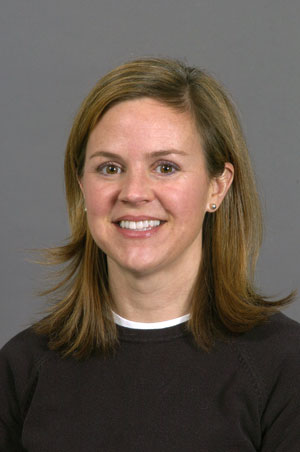Faculty Profile
Missy Niblock
Associate Professor of Biology (2007)Contact Information
on sabbatical Spring 2026
Rector Science - James Hall
717-245-1292
Education
- B.A., University of Richmond, 1992
- Ph.D., Wake Forest University, 1998
2025-2026 Academic Year
Fall 2025
BIOL 327 Developmental Neurobiology
This course explores the development of the nervous system, from the early patterning of the neural plate, through the differentiation of embryonic cells into diverse neuronal subtypes, and culminating with the integration of multiple neuronal subtypes into the complex wiring circuits that underlie our sensory, motor, and cognitive abilities. We will study the cellular and molecular mechanisms underlying neural specification, the formation of neuronal connections, neural patterning by programmed cell death, and experience-dependent modulation of neural circuits. We also will examine the ways that neural development can go awry. In the laboratory we will explore topics such as neural induction, cell lineage and fate determination, neuronal migration, axon guidance, activity-dependent development and critical periods, and the development of behavior. The focus of the course will be on the development of the mammalian nervous system, but the contributions of simpler animal models to our understanding of the human brain will be a secondary emphasis.
Prerequisites: One 200-level BIOL course. For Neuroscience majors, prerequisite is NRSC 200.
BIOL 560 Stu/Faculty Collaborative Rsch
NRSC 560 Stu/Faculty Collaborative Rsch
